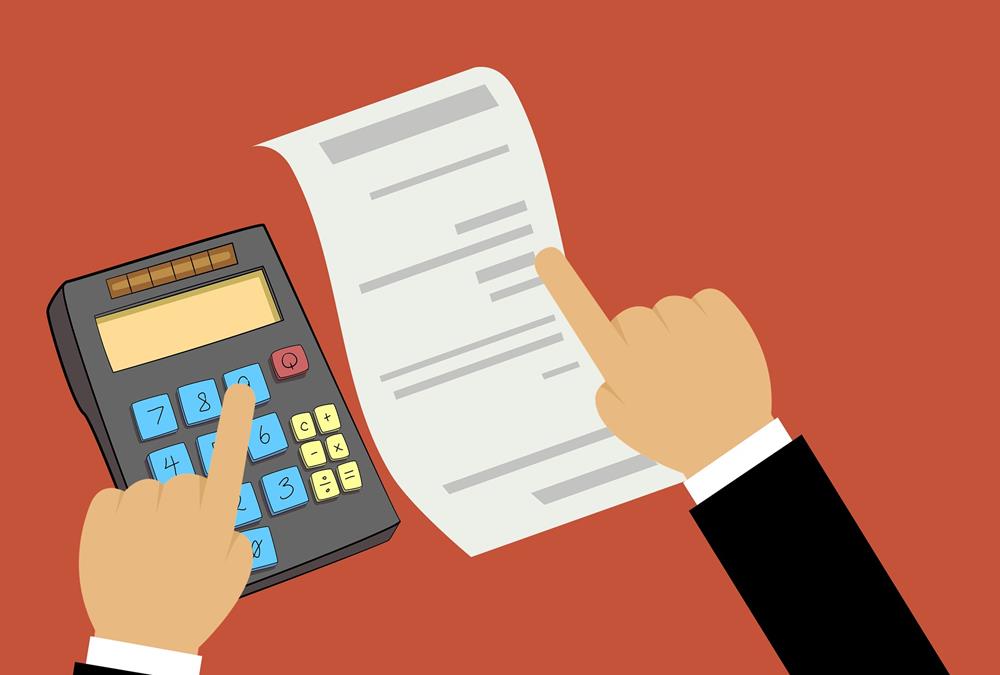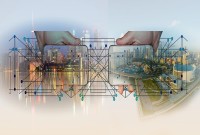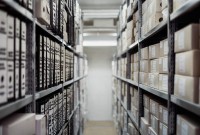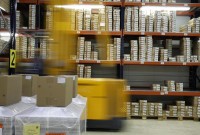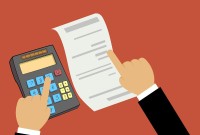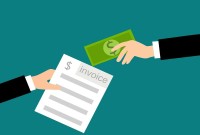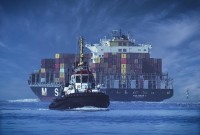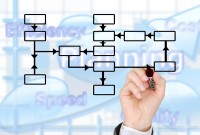- Home
- Business Processes
- Industry Knowledge
- Aerospace Industry
- Automotive Industry
- Banking Domain
- BFSI Industry
- Consumer/ FMCG Industry
- Chemicals Industry
- Engineering & Construction
- Energy Industry
- Education Domain
- Finance Domain
- Hospitality Domain
- Healthcare Industry
- Insurance Domain
- Retail Industry
- Travel and Tourism Domain
- Telecom Industry
- Leadership Skills
- eLearning
- Home
- Functional
- Procure to Pay
- Define Accounts Payable
Define Accounts Payable
Payables are often categorized as “Trade Payables” & “Expense Payables”. “Trade Payables” are the monies due for the purchase of physical goods that are recorded in Inventory. “Expense Payables” are the monies due for the purchase of goods or services that are expensed.
How do we define Accounts Payables:
We all use utilities. For example we take various services from the phone company, the gas company and the cable company. They provide us the goods and services first and as the end of the agreed billing period they raise an invoice on the customer. In this case the Utility Company is our Creditor and they have provided us the service on credit. The amount payable to the utility company is the “Account Payable” for us, which needs to be paid in very short-term to the utility company (Supplier/Creditor) to enjoy continued services.
Similarly credit is extended in the normal course of business to the customers on purchase of goods and services and needs to be paid off within a given period of time in order to avoid default.
Payables are often categorized as “Trade Payables” & “Expense Payables”. “Trade Payables” are the monies due for the purchase of physical goods that are recorded in Inventory. “Expense Payables” are the monies due for the purchase of goods or services that are expensed. Common examples of Expense Payables are utilities like telephone and electricity.
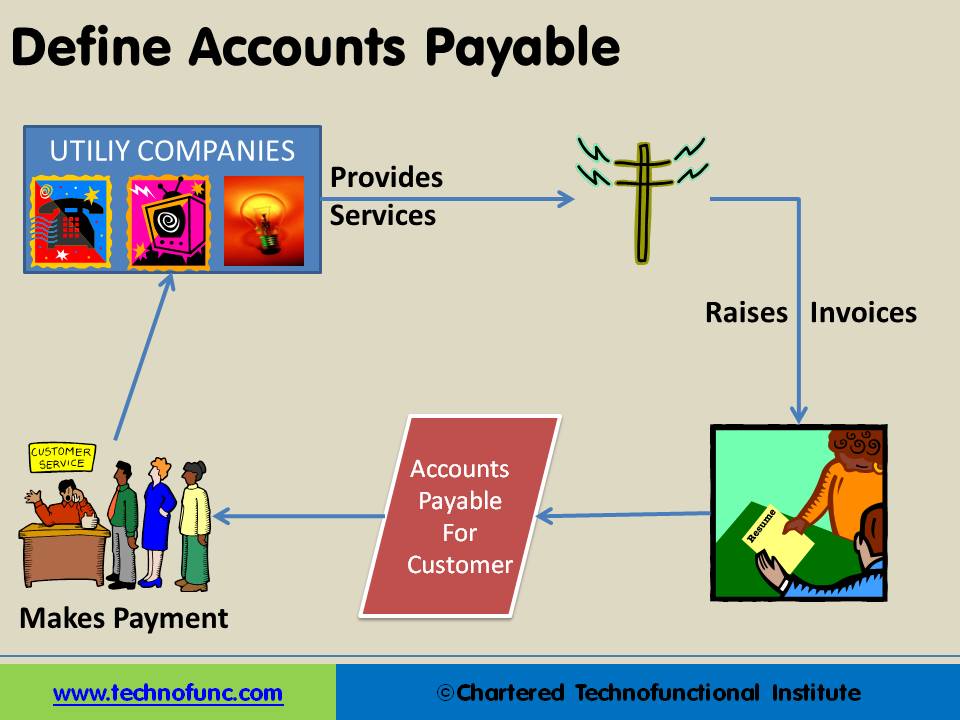
Related Links
You May Also Like
-
Warehouses may seem like a simple, straightforward concept, but they actually include a variety of different types of warehouses that all have their own niche. The type of warehousing that’s right for you depends on your specific industry, location, and needs. From private warehousing, distribution centers, and climate-controlled warehouses, there’s an option to suit every business.
-
What is a Warehouse & why companies need them?
All organizations hold stocks. In virtually every supply chain, gaps exist between when something is produced and when a customer is ready to buy or receive it. Stocks occur at any point in the supply chain where the flow of materials is interrupted. This implies that products need to be stored during this period of gap.
-
Before shipping, businesses need to make sure that the items will arrive in good condition. Packaging is a form of protection against environmental threats that the product will face from the time it leaves warehouse facility until the time it reached the customer. The packaging is intended to provide protection for the item as it is being handled in the warehouse or when the item is being shipped.
-
This article discusses the documents that gets generated during the procure to pay process. Undestand why these documents are created, what is their business significance and how they are handled and generated using ERP or automated systems.
-
Payables are often categorized as “Trade Payables” & “Expense Payables”. “Trade Payables” are the monies due for the purchase of physical goods that are recorded in Inventory. “Expense Payables” are the monies due for the purchase of goods or services that are expensed.
-
Understand what we mean by accounts payable. Why the process is called accounts payable and what are the other names by which this process is known as. Download a ready recokner to keep with you.
-
Warehouses can be places where piles of packed or loose products occupy space. If left disorganized, it will become very challenging to identify products for packing or picking. Hence, proper organization of warehouse is very important. Warehouse labeling systems eliminate this problem by making sure products are easily identified and managed during the warehousing and shipping process. Labeling is the most functional and cost-effective way to keep your warehouse organized and operating efficiently.
-
The Outbound process starts with routing the shipments. The Outbound execution process starts from the point when pick tasks are completed for an outbound shipment and ends at the point where the outbound packages are loaded into trailers. The Warehouse Outbound process includes managing and controlling outgoing materials starting from the download of orders through to the shipping of products from the warehouse.
-
Miscellaneous Warehouse Processes
At the end of each inventory control, the Contractor provides the Ordering Person with an inventory report which contains a list of all stock adjustments. The Ordering Person uses the report to create, by use of his/her own means, necessary value and accounting adjustments related to the stock. Let us look at some to the mislaneous warehouse processes not covered earlier.
-
Overview of Warehouse Processes
The basic function of a warehouse is to store goods. This means that they receive deliveries from suppliers, do any necessary checking and sorting, store the materials until it is dispatched to customers. Traditionally warehouses were seen as places for the long-term storage of goods. Now organizations want to optimize their customer experience and try to move materials quickly through the supply chain, so the role of warehousing has changed.
Explore Our Free Training Articles or
Sign Up to Start With Our eLearning Courses

About Us
Learning
© 2023 TechnoFunc, All Rights Reserved
